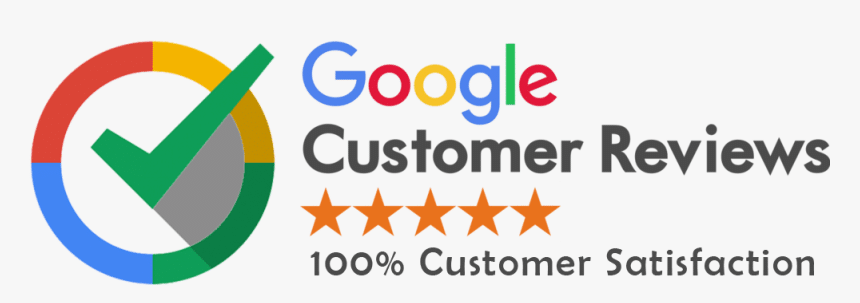Web development Dubai is broad term and so it compasses hundreds of libraries, application and frameworks. When particularly see enterprise Web development then the list shortens down. Always magneto has been adored as an Enterprise level E-commerce solution although Word press has remained consistent and stable. Word press has been as medium website platform and in last couple of years Word press has been growing ground around enterprise space. Tech crunch, TED, CNN time, NBC sports, Dow Jones and UPS are a few names, which are big enterprise clients of Word Press VIP.
Word press can support Enterprise client website. One the other hand Magneto has been a popular platform for e-commerce website as it has built 26% of e-commerce websites, which are available on internet. Word press has capable, passionate and spirited community likewise Magneto, which has developed some of top brands by its software. Without any doubt, I can say this that brands do trust and rely on potential of Magneto, which has created a long-term relationship between magneto and businesses for its brands but I will advice to get the services of Website Developer Dubai.
An example of brands are nestle, Nike, men’s health, vizio, fox, Lenovo, Samsung are some of few name, which you may have heard about. Specialization of magneto lies in product details, which are complex such as discount, unique set up, tax, payment rules and shipping. Magneto is good at handling large website along with handling of a lot of traffic, website with thousand of products, and that is why word press is not chosen if given option between magneto and word press.





